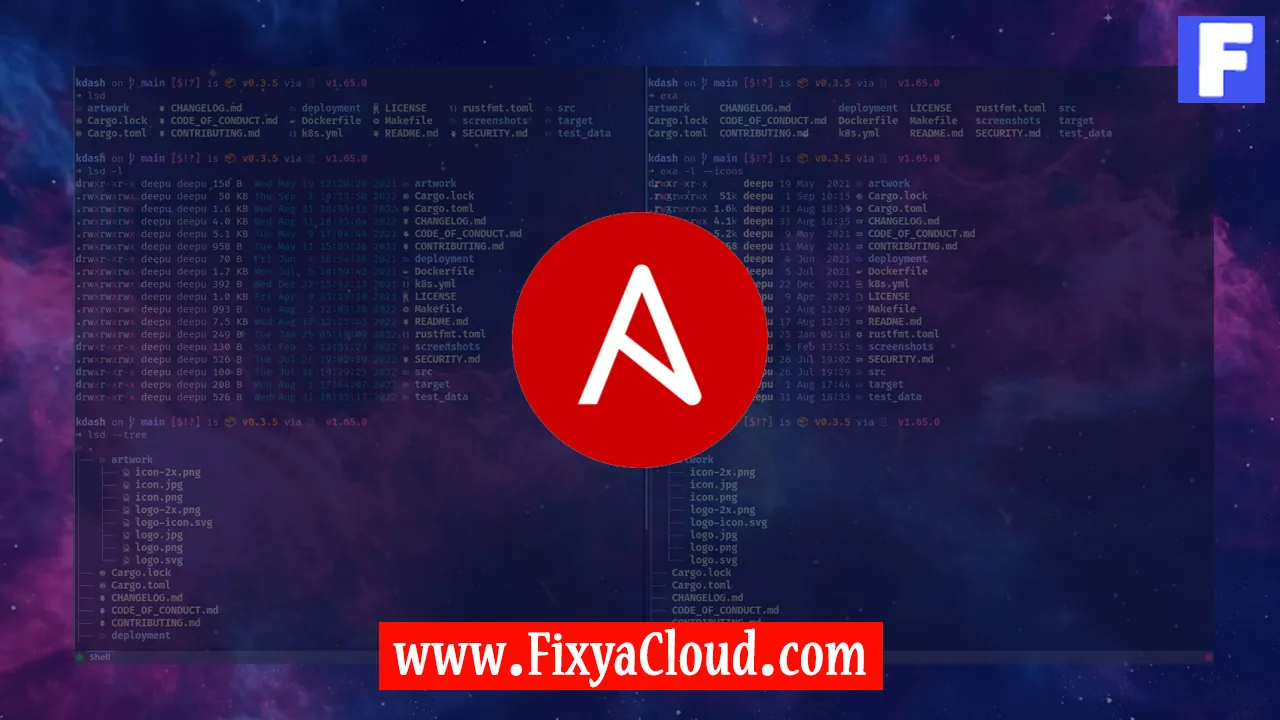The Power Duo: Ansible and Jenkins for Automation

In the fast-paced world of IT and DevOps, automation has become the cornerstone for efficiency and scalability. Two powerful tools that stand out in this landscape are Ansible and Jenkins. When combined, these tools create a dynamic duo capable of streamlining and automating various aspects of the software development lifecycle. In this article, we will delve into the synergy between Ansible and Jenkins, exploring how their integration can supercharge your automation efforts.
Understanding Ansible and Jenkins:
Before we dive into the collaborative capabilities of Ansible and Jenkins, let's briefly understand each tool's role in the automation ecosystem.
Ansible is an open-source automation tool that simplifies configuration management, application deployment, and task automation. It operates by utilizing YAML scripts known as playbooks, making it easy to understand and deploy configurations across multiple servers.
Jenkins, on the other hand, is a popular open-source automation server that facilitates continuous integration and continuous delivery (CI/CD). Jenkins automates the building, testing, and deployment of code, ensuring a seamless workflow for development teams.
Integration of Ansible and Jenkins:
The magic happens when Ansible and Jenkins join forces. The integration between these two tools allows for a seamless automation pipeline, reducing manual intervention and enhancing overall efficiency.
Setting Up Jenkins:
- Install Jenkins on your server using your preferred package manager.
sudo apt update
sudo apt install jenkins - Start the Jenkins service and enable it to launch on boot.
sudo systemctl start jenkins
sudo systemctl enable jenkins
Installing Ansible Plugin in Jenkins:
- Navigate to the Jenkins dashboard and click on "Manage Jenkins."
- Select "Manage Plugins" and go to the "Available" tab.
- Search for "Ansible" in the filter box.
- Check the box next to "Ansible" and click "Install without restart."
Configuring Jenkins to Use Ansible:
- In the Jenkins dashboard, click on "Manage Jenkins" and then "Global Tool Configuration."
- Find the "Ansible" section and specify the path to the Ansible executable.
- Save the configuration.
Creating a Simple Automation Job:
Now that the integration is set up, let's create a basic automation job using Ansible and Jenkins.
- Create a new Jenkins job and choose "Freestyle project."
- In the job configuration, add a build step to "Invoke Ansible Playbook."
- Specify the path to your Ansible playbook and any necessary inventory files.
Executing the Automation Pipeline:
- Trigger the Jenkins job manually or set up a webhook for automatic triggering.
- Jenkins will initiate the Ansible playbook, executing the defined tasks on the target servers.
More Examples and Use Cases:
- Dynamic Inventories: Leverage Ansible's dynamic inventories to automatically discover and manage your infrastructure within Jenkins.
- Parameterized Playbooks: Use Jenkins parameters to dynamically pass values to Ansible playbooks, making your automation more flexible.
- Integration with Version Control: Connect Jenkins with your version control system (e.g., Git) to automatically trigger builds and deployments when changes are pushed.
The integration of Ansible and Jenkins forms a potent alliance in the realm of automation. Whether you are orchestrating complex deployments, managing configurations, or implementing CI/CD pipelines, this power duo empowers you to achieve more with less effort. As you explore the possibilities, the synergy between Ansible and Jenkins will undoubtedly enhance the efficiency and reliability of your automation workflows.
Related Searches and Questions asked:
That's it for this topic, Hope this article is useful. Thanks for Visiting us.
